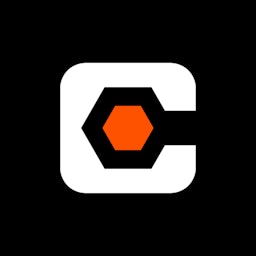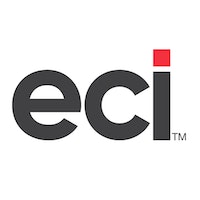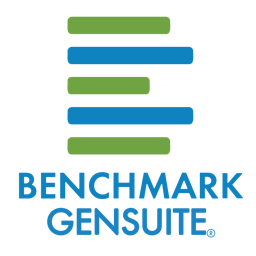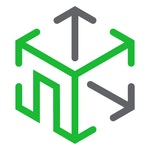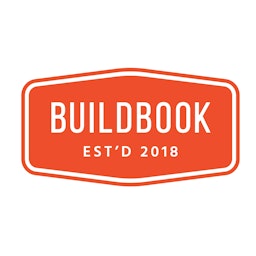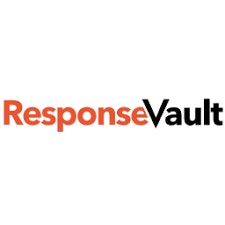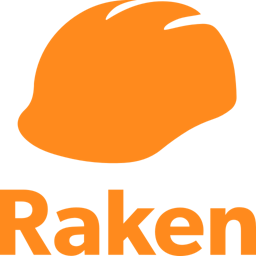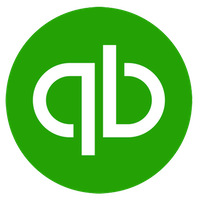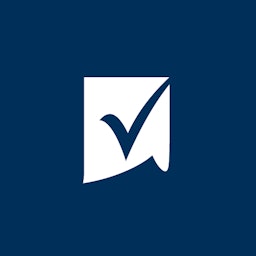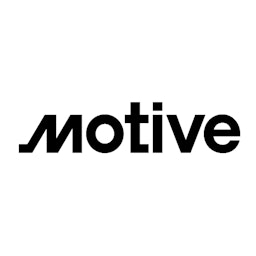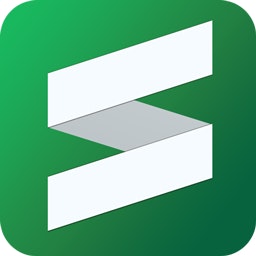Table of Contents
- What are the key features of construction management software?
- What are the types of construction management software?
- What are the benefits of construction management software?
- How much does construction management software cost?
- What are the key considerations when purchasing construction management software?
- What are the common questions to ask construction management software vendors?
What are the key features of construction management software?
Document management: Manage project-related documents in the cloud storage offered by the tool. Securely share the documents with construction team members and clients using role-based access such as read-only or read and write. Leave comments or make changes to documents and send real-time alerts to team members.
Project tracking: Know the progress of each task within the project, and get real-time alerts when a task is marked as complete and the next aligned task is ready to begin. Leave notes for team members to highlight any new addition to the task, delays in due dates, or changes to the workflow.
Task scheduling: Add or edit the names of team members aligned to tasks within a project. Change the start and end dates of the tasks and alert the team members of the said changes.
Bid management: Track and shortlist new construction projects. Prepare and send proposals in response to RFPs (request for proposals), ITTs (invitation to tender), or RFQs (request for quotation).
Budget tracking: Maintain project billing and invoicing by tracking change and purchase orders, vendor and contractor payments, material cost, labour job cost, and other payments related to the project accounting.
Compliance management: Monitor construction projects including plans and blueprints to ensure compliance with the government rules for security standards and corporate and regulatory policies. Assess and optimize projects in case of gaps to comply with the set standards.
What are the types of construction management software?
Integrated construction estimation software: The tool helps estimators, contractors, and other construction professionals calculate the total construction cost of a building. The estimate includes total material, labor costs, subcontractors, and equipment utilized to complete the construction. Construction professionals can use the tool to automate their day-to-day tasks such as pulling updated prices of materials or identifying labor costs. Some construction estimating software offers additional features allowing contractors to prepare proposals with the estimated costs and pitch clients for approval. The tool can also be used to track payments, raise invoices, or prepare audit reports. The tool is available as a stand-alone solution, and you can also bundle it with a complete construction project management software solution.
Project portfolio management software: The tool helps streamline efforts for a construction project by tracking the alignment and completion of tasks within the project. Construction project managers can use the tool to map out the lifecycle of projects from alignment to delivery. This process helps identify potential issues leading to delayed completion such as budget conflicts, labour availability, or overlapping tasks. Having clear visibility of hiccups in the project helps managers better identify and implement solutions and meet the project deadlines.
Issue tracking management software: The tool allows construction project managers to address issues raised by builders, engineers, contractors, and workers. The issues can range from budget to equipment and labour availability. Issue tracking software offers an end-to-end ticket management system for service-related requests such as contractor or client complaints. The managers can categorize such complaints based on severity and direct them to the appropriate team member for resolution. With all the requests available at a centralized location, project managers can prepare reports with metrics highlighting the strong and weak points of completing the project.
What are the benefits of construction management software?
Improved accountability: The tool helps define workflow and assign team members involved in the project. The names of the team members are aligned for each task along with the set due date and actual completion date. This helps you reach out to the right person with queries related to task completion, thereby saving time and ensuring on-time project delivery.
Secure project data sharing: The tool provides cloud storage where you can store and manage project-related documents such as blueprints, construction plans, bills and invoices, and presentations. You can securely share the documents with contractors, engineers, and builders using role-based access. This process protects the project data from unauthorized access or accidental deletion.
Enhanced visibility: The tool provides all details about the project such as subtasks, team members involved, due dates, completion dates, and the number of hours utilized. Having all the details at hand provides greater visibility when tracking the progress or identifying issues such as delays in delivery.
Real-time collaboration: The tool sends alerts to team members and project owners when a new project is requested, or a project/task is marked as complete. Further, the team members can comment on or make changes to the documents while creating different versions to track changes anytime during the project.
Better time management: The tool’s task management feature allows you to check the number of tasks assigned to different team members. You can use the feature to analyze the bandwidth and assign new tasks accordingly. This process leads to better utilization of time while avoiding employee burnout.
Enhanced profitability predictions: The tool helps automate calculating material and labor costs, and standardizing bid proposals. In addition, you can document all the previously approved proposals and budgeting plans to analyze the win/loss ratio. This process helps better estimate the project costs with increased return on investment.
How much does construction management software cost?
Most products in the construction software market are priced on a “per-month” basis and can be divided into three pricing tiers based on their starting price.
Price ranges*:
$21 - $88
$88 - $249
$249+
*The pricing included is for the entry-level/lowest-priced offerings found on vendor websites as of October 6, 2022. These ranges correspond to the 25th, 75th, and 100th percentiles of pricing information gathered from vendor websites of sample products.
The above list includes pricing for the base plans of most construction software products. An enterprise or premium product that is priced higher may include additional features such as document management, project tracking, task scheduling, bid management, and compliance management.
What are the key considerations when purchasing construction management software?
Assess the reporting capabilities: The tool should offer reporting capabilities with a customizable dashboard to get clear visibility on the project progress such as tasks completed, new tasks aligned, or tasks overdue. Further, the tool should send email alerts to team members with overdue tasks to avoid any further delays.
Analyze the data security: The tool should allow you to set role-based access to documents along with version control. This process protects the document from any uninformed changes or accidental deletion. In addition, you should be able to give or revoke access to team members in real time.
Look for collaboration tools: The tool should let you directly share the document with team members, comment on documents, tag specific team members, and more. In addition, you should be able to add project-related updates using the dedicated tab and tag specific team members for immediate feedback.
Opt for a customized solution: Look for software providers who are ready to customize their construction management tool according to your business needs. For instance, if you need specific features for your project such as portfolio management or bid management instead of a pre-built solution. Be sure to check if the service provider charges any extra fee for the customization.
Check the document management feature: The tool’s document manager should allow you to send, receive, store, index, scan, and share documents with team members. Further, you should be able to generate RFIs, transmittals, and submittals and track their approval status using the tool.
Assess the field management capabilities: The tool should allow the field staff such as contractors and builders to access the projects’ dashboard, upload or download documents, update the status on tasks, or raise service requests.
Look for pre-construction management capabilities: Pre-construction management capabilities include applying for zoning permits and design approvals, and checking compliance.
What are the common questions to ask construction management software vendors?
Does the tool allow you to track equipment? Check if your selected construction management software solution allows you to track all your tangible business assets such as machinery and devices using barcodes or tags. In addition, you should be able to prepare asset performance reports to assess their utilization and performance. This will help plan asset maintenance and repair, or new task alignments accordingly.
Can you use the tool to manage contractors? Check if the tool lets you capture and manage a list of contractors including details such as name, phone number, email address, and aligned projects. In addition, the contractors working on projects should be able to access the centralized repository for downloading or uploading project-related documents.
Does the tool offer a mobile application for field management? Having a mobile application assists field managers, contractors, and laborers to stay updated on new task alignments. In addition, they can download project-related documents and get their job done without any interruption. Check if your selected software provider offers a mobile application. If yes, also confirm the operating systems and devices' support.
Can you use the tool for purchase order management? Check if your selected construction project management tool lets you automate the procurement process of assets, building materials, and other project requirements. This includes making new purchases to raising invoices. In addition, you should be able to accept online payments against invoices via multiple payment methods such as online banking or debit/credit card.
Does the tool allow integration with third-party applications? Most construction project managers integrate their construction management solutions with cloud storage, accounting software, design software, and various other applications that assist their projects. Check the integration feature offered by your selected software provider. Also, ask if the provider offers its application store to facilitate integration.
Sources
Products evaluated for the pricing calculation were taken from Capterra’s construction management software directory. The pricing ranges exclude freemium versions of the products. The features highlighted were identified based on their relevance and the percentage of products in Capterra’s directory that offer them.


